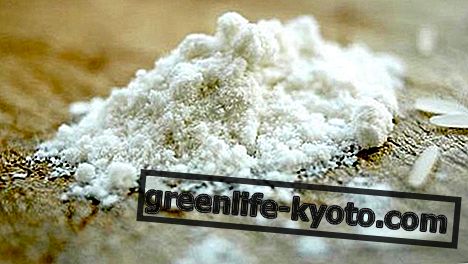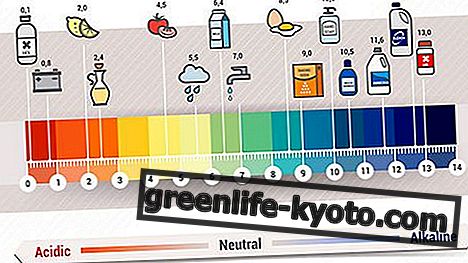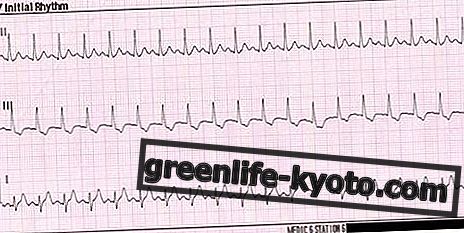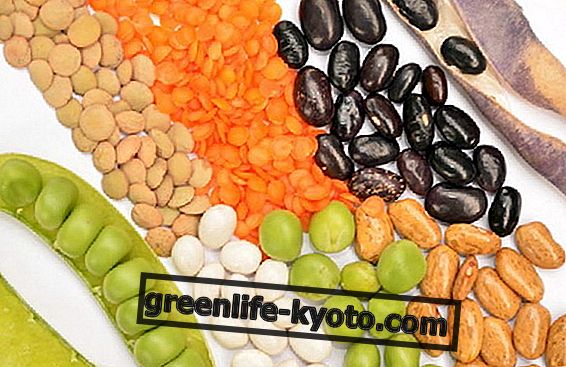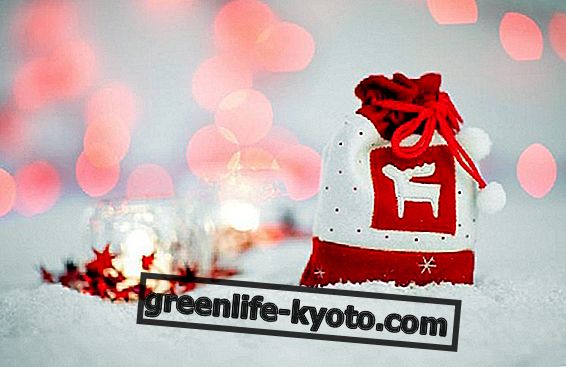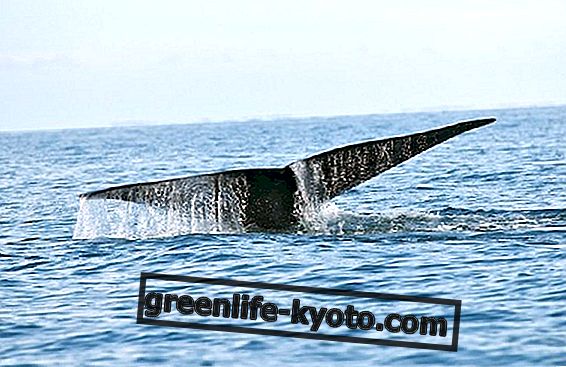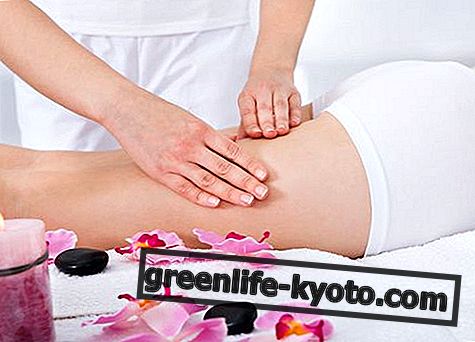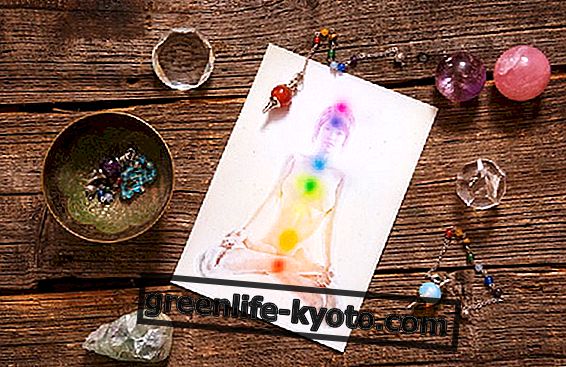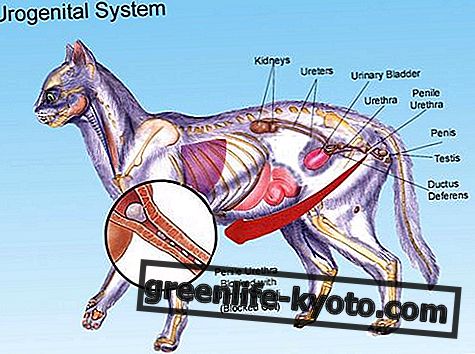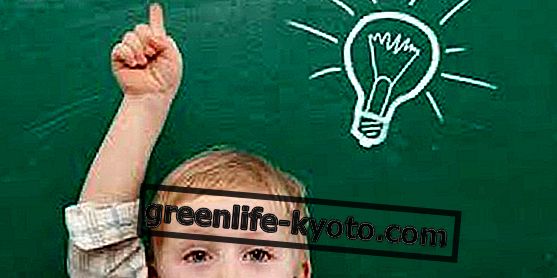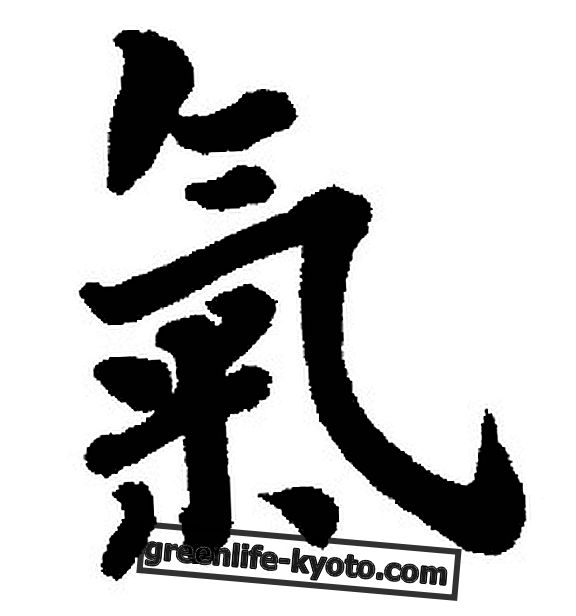
Remember the Einstein energy formula? That thing that happens between mass and speed of squared light ... Nothing? A dark equation? Okay, let's leave physics as we know it in the West.
In China, the ideogram that identifies energy is what you see in the image alongside and is called qi .
Let's discover together where it originates and how it manifests itself according to Chinese medicine .
Origin of qi
In the beginning it was Chaos. Or rather, in an oriental key, at the beginning it was the Tao (the Way) of Chaos, as the title of one of the most beautiful books written by the academic Katya Walter says. A Chaos full of "breaths", understood as vital energies. But beware: the Chaos of the Chinese tradition is not equivalent to our disorder, nor even to that inner core from which the Nietzschean dancing star is generated. It is rather a uniform confusion, an agglomeration of strength. This vital fluid is qi .
Qi in traditional Chinese medicine
The qi corresponds to the vital energy . According to traditional Chinese medicine, this vital energy in the individual is located a few centimeters below the navel. In correspondence with this anatomical area, you must imagine a warm reservoir of energy that we feed through breathing, food and habits.
The qi has three different values:
- Nutritive energy : it is the yinqi, or the qi that comes from the foods we ingest, which are transformed into pure energy to be used. This energy circulates in all the channels of the body and is in close connection with the energy of the breath.
- Respiratory energy (or celestial energy), the tianqi . Essentially it is the air we breathe. The union between tianqi and guqi (grain energy) is the first energy we have seen, the yinqi .
- "Ancestral" energy: it is the energy we receive in inheritance, a packet of information that our body has received from ancestors and parents, called jing, has an innate character and derives from the union of gametes.
How to increase qi
According to traditional Chinese medicine, it is possible to correct the lifestyle and improve the state of the first two types of energy. For example, we can choose foods that traditional Chinese medicine identifies as healthy, or those that do not have too much yin value (for example: very sugary drinks, desserts full of refined sugar), nor too much yang (excessive consumption of animal protein, full food of salt).
On the third type of energy, however, the subject is more delicate. In the case of jing, in fact, we can only "go to savings", or do everything to try to maintain it, since it is very difficult to increase it. The protection of jing, according to traditional Chinese medicine, is correlated to correct habits of life (a regular and harmonious sexual life and to the practice of Chinese medical gymnastics such as qi gong and tai chi chuan .

